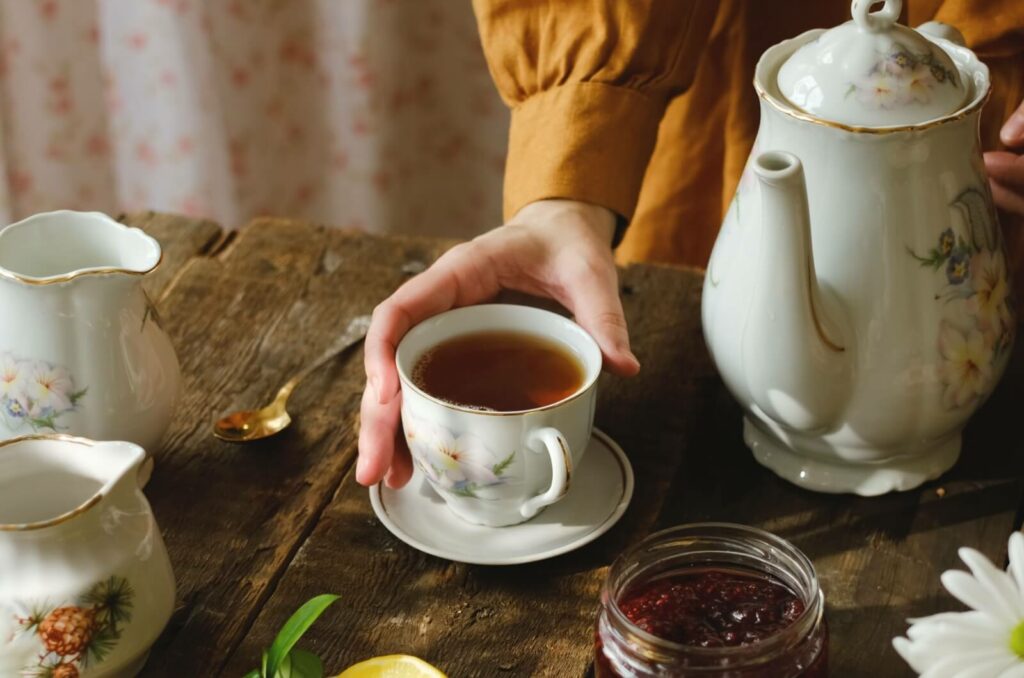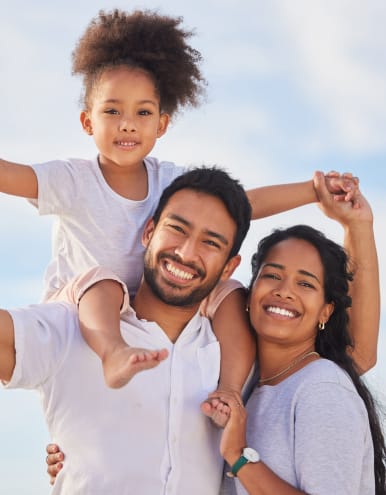Dry, stinging, and irritated eyes can significantly impact daily life and harm overall eye health. Dry eye disease or dehydration can cause these symptoms. But what if the solution is as simple as reaching for a glass of water? This isn’t always the case, as dry eye is a multifactorial disease that physiological and environmental factors can cause. Still, drinking water helps hydrate you, which can, in turn, help with dry eyes, considering we as human beings are roughly 60% water.
What is Dry Eye Disease?
Dry eye disease occurs when your eyes cannot produce enough tears or when the tears evaporate too quickly. This can leave your eyes feeling gritty, itchy, or even painfully dry. The condition is surprisingly common, affecting millions of people around the world.
One of the primary functions of tears is to provide a protective barrier for your eyes, keeping them moisturized and free from debris. Without sufficient tears, the surface of your eyes becomes exposed and irritated. This can lead to redness, blurred vision, and constant discomfort. Environmental factors like wind and air conditioning can exacerbate these symptoms, making it difficult to find relief.
Several factors can contribute to dry eye disease, including:
- Aging
- Hormonal changes
- Certain medications
- Spending long hours staring at screens
How Can You Tell If Your Eyes Are Dehydrated?
Recognizing the signs of eye dehydration is crucial for effectively addressing dry eye disease. While dry eyes can manifest in various ways, there are some common symptoms that you should be aware of.
- Keep an eye out for persistent dryness, irritation, or a gritty sensation in your eyes. These discomforts can be subtle at first but may worsen if left untreated.
- Another telltale sign of eye dehydration is excessive tearing. It might sound counterintuitive, but when your eyes are dry, they can overcompensate by producing more tears.
- Visual disturbances, such as blurred vision or sensitivity to light, can also indicate dry eyes. These symptoms can interfere with your day-to-day activities, making concentrating or enjoying outdoor time difficult.
If you constantly rub your eyes or rely on over-the-counter eye drops, it might be time to consider the root cause of your symptoms.
How Drinking Water Helps with Dry Eye Syndrome
Staying hydrated has many benefits, including maintaining optimal eye health. Water plays a vital role in maintaining the moisture balance in your eyes. Drinking enough water helps support tear production, ensuring your eyes remain adequately lubricated.
When adequately hydrated, your body can produce tears with a suitable composition of water, oils, and mucin, relieving dry eye symptoms. Increasing your water intake replenishes the fluid levels needed for tear formation, allowing your eyes to stay comfortable and precise.
Beyond tear production, staying hydrated also supports overall eye health. Water helps flush out toxins and impurities from your body, which can positively impact your eye tissues. Proper hydration may reduce inflammation and irritation, creating a more conducive environment for healthy eyes.
How Much Water Should I Drink Daily? How Much for Dry Eyes?
The age-old advice of drinking eight glasses of water daily is a good starting point for staying hydrated. However, individual hydration needs vary based on age, activity level, and climate. For those experiencing dry eyes, increasing your water intake might provide additional benefits.
To find the right balance, aim to drink at least half your body weight in ounces of water per day. For example, if you weigh 150 pounds, try to consume at least 75 ounces of water daily. If you have dry eyes, consider adding an extra glass to ensure your body has the necessary resources to support tear production.
Listening to your body is critical. You’re on the right track if you notice improvements in your eye comfort after increasing your water intake. Keep a water bottle handy throughout the day, and set reminders to take sips regularly. Remember, consistency is critical to reaping the benefits of proper hydration.
Other Ways to Hydrate
Incorporating hydrating foods into your diet is another effective way to support your eyes’ moisture needs.

- Fruits and vegetables with high water content can complement your water intake, providing essential nutrients that benefit your overall health.
- Herbal teas, such as chamomile or peppermint, can also contribute to your daily fluid intake. Just be mindful of caffeine-containing beverages, as they can have a diuretic effect, potentially leading to dehydration.
- Infusing your water with slices of lemon, cucumber, or berries can make hydration more enjoyable. These additions enhance the taste and provide vitamins and antioxidants that promote eye health.
Experiment with different combinations to find your favourite hydrating concoction.
Other Solutions to Dry Eye
While staying hydrated is crucial to managing dry eyes, there are additional steps you can take for relief.
- Over-the-counter artificial tears can provide immediate comfort by mimicking natural tears and moistening the eyes. Be sure to choose preservative-free options to avoid any potential irritation.
- Take regular breaks from screens and practice the 20-20-20 rule—every 20 minutes, look at something 20 feet away for 20 seconds. This reduces strain on your eyes and encourages blinking, which helps distribute tears evenly.
- Specialized treatments, such as punctal plugs, are tiny devices inserted into the eyelids’ drainage ducts to increase tear volume on the eye’s surface.
An optometrist can also identify underlying conditions contributing to dry eyes and provide tailored solutions.
Getting Help With Dry Eyes
Drinking water can be a simple yet effective way to alleviate dry eye symptoms and support overall eye health. Staying adequately hydrated enhances tear production and reduces discomfort caused by eye dehydration. While water is essential, incorporating hydrating foods and adopting healthy habits further contributes to your eyes’ well-being.
Vivid Eye Care knows dry eyes don’t need to disrupt your daily life. Contact us today to see how we can develop a personalized dry eye therapy plan and find you lasting relief.






















